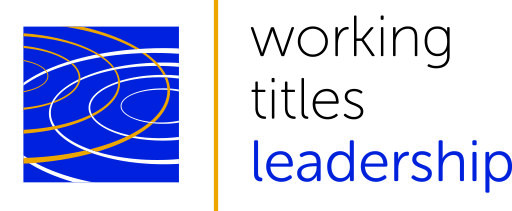Agile
Agile is a word that has now found its way into business language and today means many things to many people. While the original definition of agile was to be able to move quickly and easily, Agile (with a capital A) ways of working have been used for more 20 years in the software industry to develop products.
Agile is this latter context values the following;
· Individuals and interactions over processes and tools
· Working software over comprehensive documentation
· Customer collaboration over contract negotiation
· Responding to change over following a plan
That is, while there is value in the items on the right, Agile values the items on the left more These values are part of the Agile manifesto and are also applicable in many contexts, particularly if we substitute the words service or product for software.
There are a number of principles behind the Agile manifesto that can also have a wider application.
The two principles that resonate most with me are
1. Build projects around motivated individuals. Give them the environment and support they need, and trust them to get the job done.
In order to support this way of working many organisation need to make a fundamental culture change to move from a command and control environment, where often charismatic leaders are rewarded and promoted, to one that embodies servant leadership. It also means organisation need to take along hard look at what they actually do on a day to day basis and think about the reasons they do.
A servant leader’s objective is to enhance and increase teamwork and personal involvement. They create a participative environment, empowering people by sharing power and decision-making.
Servant leadership focuses on collaboration, trust, empathy and the usage of power ethically. Servant leaders don’t lead by title, they support people to develop and perform at their best.
2. Simplicity - the art of maximising the amount of work not done--is essential.
As Dee Hock, founder and former CEO of Visa, is reported to have said ‘Simple, clear purpose and principles give rise to complex, intelligent behaviour. Complex rules and regulations give rise to simple, stupid behaviour ‘
I’ve worked in organisations where processes have been over-engineered until often no one can remember exactly why they need to do the things they do, no one seems to have the energy to question the rules and to look for better more effective ways of doing things. When this happens good people often tend to leave as they feel they can’t make a difference and get frustrated. Having simplicity as a guiding principle helps ensure that people focus on what needs to be done giving space and time for creativity and innovation.
More……
If you want to read more about Agile the following references are a good place to start.
· The Agile Manifesto at https://agilemanifesto.org/
· The Principles behind the Manifesto at https://agilemanifesto.org/principles.html
· The Nine Principles behind Agile Leadership at https://www.agilebusiness.org/page/Resource_paper_nineprinciples
· The Seven elements of Agile Culture at https://www.agilebusiness.org/page/Resource_paper_TowardsanAgileCulture
· Servant Leadership: a Journey into the Nature of Legitimate Power and Greatness by Robert K. Greenleaf, 1977, Paulist Press, New Jersey
